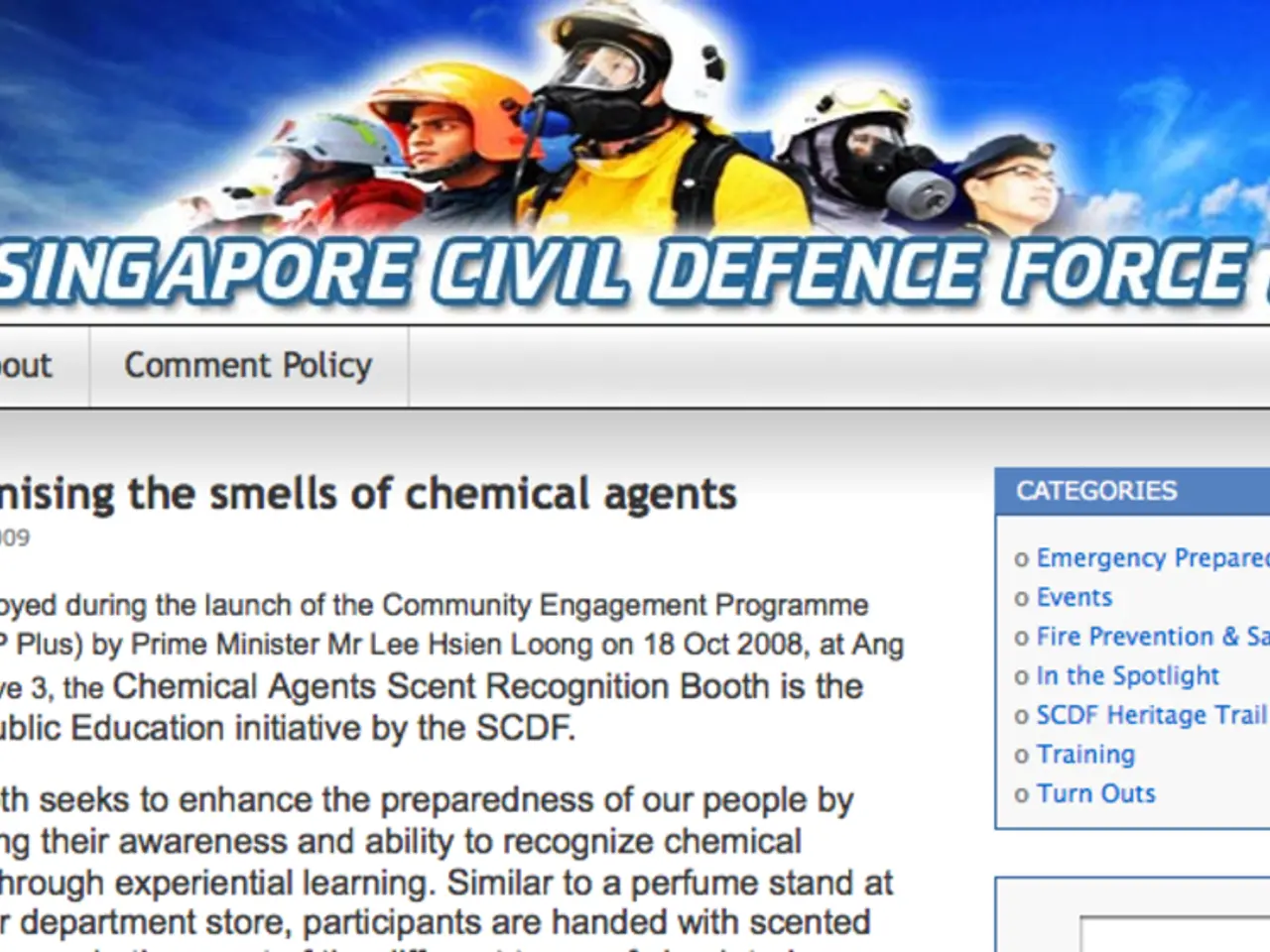Dublin Core: The Powerful Metadata Standard Evolving Since 1995
Dublin Core, a fundamental international metadata standard, has evolved since its inception in 1995. It aids in resource discovery and management, making resources more accessible and searchable. The standard is presented in two forms: Simple Dublin Core and Qualified Dublin Core.
Simple Dublin Core consists of 15 base metadata elements, used as attribute-value pairs to describe resources. This simplicity makes it suitable for basic resource descriptions. It facilitates efficient organizing and indexing of information across diverse platforms, boosting search engine optimization practices.
Dublin Core's origins trace back to a workshop held in Dublin, Ohio, where a group of librarians, information scientists, and computer scientists aimed to create a standardized set of metadata elements. This effort aimed to enhance resource discovery and interoperability across different systems worldwide. Over time, Qualified Dublin Core was developed, building on Simple Dublin Core by incorporating additional contextual information. This allows for a richer description of resources.
Dublin Core, recognized as an ISO standard, comprises 15 metadata elements that effectively describe resources. It aids in resource organization and ensures relevant search results. Its simplicity and extensibility, allowing augmentation with additional vocabularies, make it a significant tool in international metadata practices.







